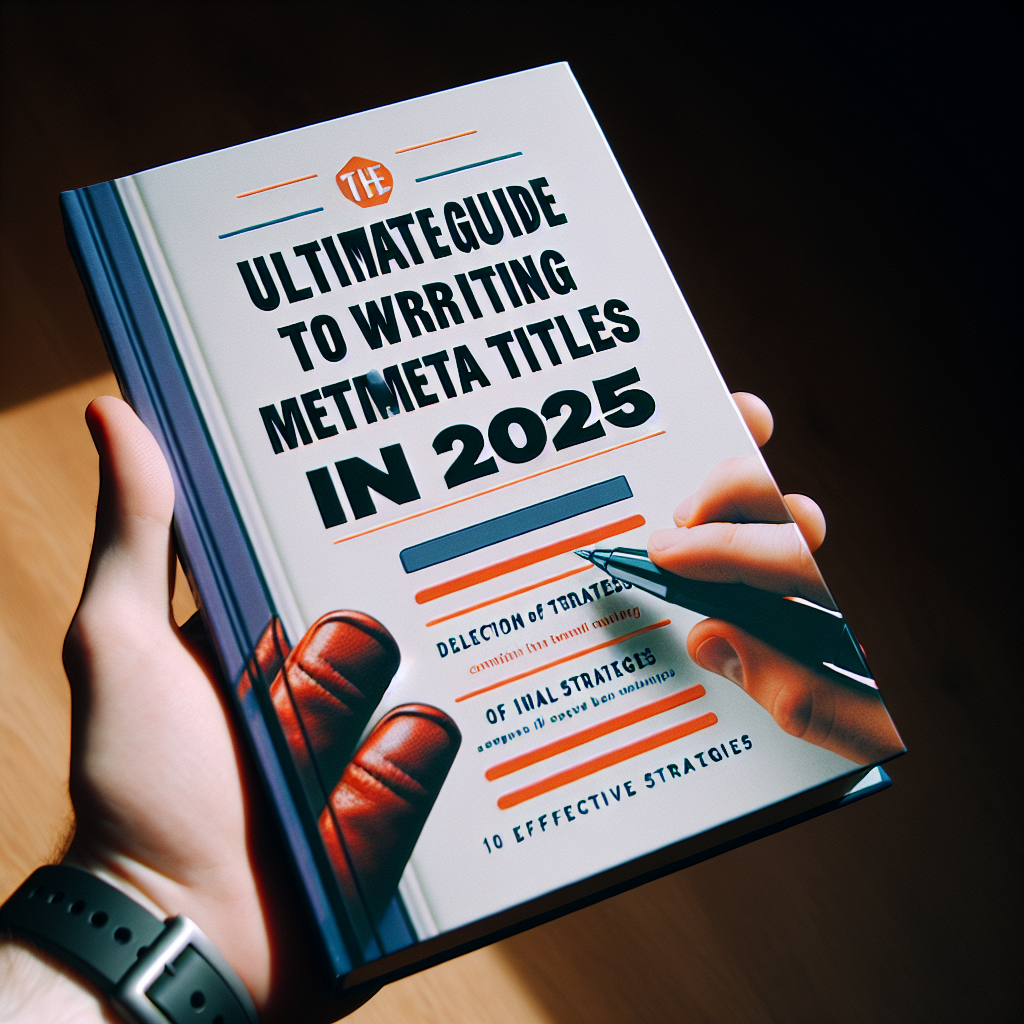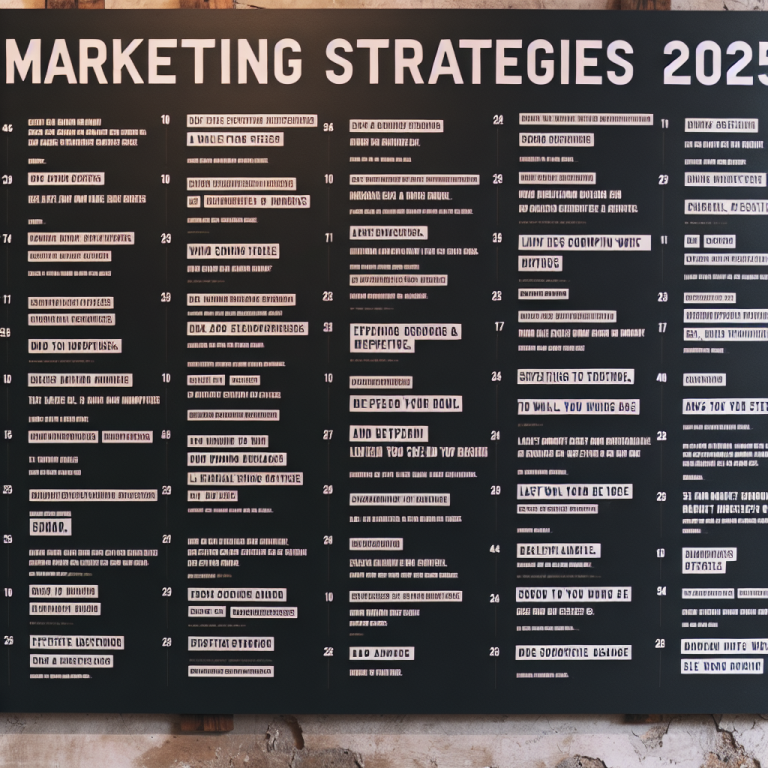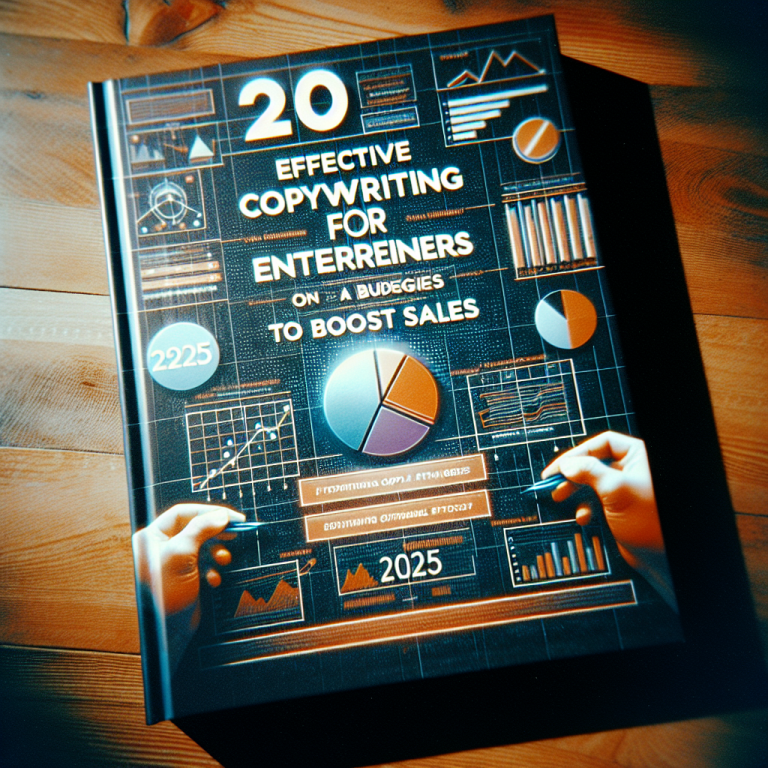The Ultimate Guide to Writing Compelling Meta Titles in 2025: 10 Effective Strategies
- Introduction
- 1. Understanding the Importance of Meta Titles in 2025
- 2. Incorporating Target Keywords Naturally
- 3. Creating Attention-Grabbing Headlines
- 4. Keeping Meta Titles Concise and Clear
- 5. Using Power Words to Boost Click-Through Rates
- 6. Leveraging Branding in Meta Titles
- 7. Optimizing for Voice Search and AI Algorithms
- 8. A/B Testing Meta Titles for Better Performance
- 9. Avoiding Common Mistakes in Meta Title Writing
- 10. Future Trends in Writing Compelling Meta Titles for 2025
- Conclusion and Final Tips
- FAQs about Writing Compelling Meta Titles
In 2025, mastering writing compelling meta titles is more important than ever for improving your websiteâs visibility and attracting organic traffic. Meta titles act as the first impression in search results, influencing whether users click on your link or scroll past. As search engines become smarter with AI and voice search, crafting effective meta titles remains a crucial skill for digital marketers, content creators, and SEO specialists alike. In this comprehensive guide, I’ll walk you through 10 essential strategies that will help you stand out in search results and increase your click-through rates this year and beyond.
1. Understanding the Importance of Meta Titles in 2025
The Role of Meta Titles in SEO
Meta titles are one of the foundational elements of on-page SEO. They tell search engines what your page is about, helping index your content accurately. According to recent studies, over 70% of recent Google algorithm updates have prioritized user engagement signalsâmaking a compelling meta title more critical than ever to attract clicks.
The Impact on Click-Through Rates
Data from 2025 shows that well-crafted meta titles can boost click-through rates (CTR) by up to 30%. A clear, enticing meta title can turn a page from being buried on the second page of results to the top of the first. This makes writing compelling meta titles a non-negotiable skill for digital success.
Meta Titles and Brand Presence
Consistent, keyword-optimized meta titles reinforce your brandâs authority in search results. They help establish a recognizable presence, fostering trust and attracting repeat visitors. Thus, your meta titles should balance keyword strategy with brand voice to maximize impact.
2. Incorporating Target Keywords Naturally
Keyword Placement Strategies
When writing compelling meta titles, placing your primary keyword at the beginning of the title often yields better visibility and CTR. For example, instead of “Top Tips for Writing Great Meta Titles in 2025”, use “Writing Compelling Meta Titles in 2025: Top Tips”. This placement ensures your keywords are immediately visible to both users and search engines.
Semantic Variations and LSI Keywords
In 2025, search engines are more sophisticated in understanding semantic relevance. Incorporate variations like “effective meta title strategies” or “best practices for meta titles” to enhance relevance without keyword stuffing. Use latent semantic indexing (LSI) keywords naturally within your titles for more comprehensive coverage.
Balancing Optimization and Readability
While keyword inclusion is crucial, readability should never be sacrificed. Meta titles that sound natural and enticing perform better in attracting clicks. Practice writing titles that seamlessly incorporate keywords while maintaining a conversational tone.
3. Creating Attention-Grabbing Headlines
The Power of Curiosity and Urgency
To make your meta titles compelling, leverage psychological triggers like curiosity and urgency. Phrases like “Unlock Secrets to”, “Before Itâs Too Late”, or “Discover How to” entice users to click. For example, “Discover How to Master Writing Compelling Meta Titles in 2025” sparks curiosity.
Using Numerals and Data
Numbers catch the eye and convey specificity. Titles with numbers, such as “7 Proven Strategies for Writing Compelling Meta Titles in 2025,” promise concrete tips and boost CTR. Data-driven headlines tend to be more trustworthy and compelling.
Testing Different Headlines
Always test multiple headline variations to see what resonates best with your audience. Use tools like Google Search Console or A/B testing platforms to measure performance and refine your writing for maximum engagement.
4. Keeping Meta Titles Concise and Clear
Character Limits for Optimal Display
In 2025, the optimal length for meta titles remains around 50-60 characters. Titles longer than this may get truncated in search results, reducing their impact. Use succinct language to communicate your message effectively within this limit.
Clarity Over Cleverness
While clever titles can attract clicks, clarity must not be sacrificed. Clearly convey what the page is about so users immediately understand the value they’ll receive. Clarity builds trust and improves user experience.
Prioritizing the Most Important Information
Place critical keywords and value propositions at the beginning of your titles. This placement ensures that even if your title gets truncated, the most important message still appears.
5. Using Power Words to Boost Click-Through Rates
Examples of Effective Power Words
Words like âUltimateâ, âProvenâ, âExclusiveâ, and âEssentialâ evoke emotion and persuade users to click. For example, “The Ultimate Guide to Writing Compelling Meta Titles in 2025” uses âUltimateâ to imply comprehensive value.
Psychological Impact of Power Words
Power words activate psychological triggers like curiosity (e.g., âSecretâ, âUnveiledâ) and authority (e.g., âExpertâ, âProvenâ). Incorporating these into your meta titles can significantly improve user engagement.
How to Integrate Power Words Naturally
Use power words strategically at the start or end of your titles to maximize impact. Avoid overusing them to prevent sounding clickbaity, and always match your words to the contentâs true value.
6. Leveraging Branding in Meta Titles
Including Your Brand Name
Adding your brand name can enhance recognition and credibility. For instance, “Writing Compelling Meta Titles in 2025 | YourBrand” helps reinforce brand presence.
Consistency Across Pages
Maintain a consistent format for meta titles across your website. This consistency helps search engines and users associate your brand with quality content, improving overall SEO performance.
Balancing Keywords and Branding
While keywords attract traffic, your brand should also stand out. Find a balance that emphasizes both, such as placing your brand at the end of the title or integrating it seamlessly with your keywords.
7. Optimizing for Voice Search and AI Algorithms
Conversational and Question-Based Meta Titles
With voice search on the rise, craft meta titles that match natural language questions. Example: “How to Write Compelling Meta Titles in 2025”. This aligns with voice queries and improves visibility.
Long-Tail Keywords and Phrases
Incorporate long-tail keywords into your meta titles, reflecting more specific search intent. These tend to rank better in voice searches and help attract targeted traffic.
Understanding AI and Search Intent
AI-driven search algorithms prioritize content that answers user intent clearly. Craft titles that focus on solving a problem or answering a question for better alignment with AI ranking factors.
8. A/B Testing Meta Titles for Better Performance
Tools and Techniques for Testing
Use tools like Google Optimize or dedicated SEO platforms to test different meta titles. A/B testing allows you to compare performance and identify what resonates most with your audience.
Analyzing Results and Iterating
Monitor metrics like CTR, bounce rates, and engagement to assess your titles. Continuously refine your meta titles based on data to optimize results in 2025.
Creating Variations Strategically
Develop variations that focus on different anglesâsuch as emphasizing urgency, benefits, or brand recognitionâand evaluate which version performs best.
9. Avoiding Common Mistakes in Meta Title Writing
Keyword Stuffing and Over-Optimization
Avoid cramming keywords unnaturally into your titles. This can lead to penalties and reduce readability. Focus on a natural integration that emphasizes value.
Using Irrelevant or Misleading Titles
Ensure your meta titles accurately reflect the page content. Misleading titles may boost short-term CTR but harm your reputation and rankings long-term.
Neglecting Mobile Optimization
Remember that a significant portion of users search via mobile. Make sure your meta titles are concise enough to display fully on smaller screens.
10. Future Trends in Writing Compelling Meta Titles for 2025
Increased Personalization and AI Integration
Expect meta titles to become more personalized based on user data and AI predictions. Craft dynamic titles that adapt to individual preferences for better engagement.
Emphasis on Voice Optimization
Optimizing for voice search will be essential. Use natural language and question-based titles that match conversational queries.
Visual and Multimedia Integration
In the future, meta titles may incorporate icons or emojis to catch the eye. Use these elements sparingly and strategically to stand out in search results.
Conclusion and Final Tips
In 2025, writing compelling meta titles remains a critical aspect of SEO success. By understanding their importance, integrating targeted keywords naturally, creating attention-grabbing headlines, and optimizing for emerging technologies like voice search, you can significantly improve your search visibility and audience engagement. Remember, your meta titles serve as the gateway to your contentâmaking them as persuasive and precise as possible is essential. Implement these strategies consistently, test your results, and stay ahead of evolving trends to achieve the best results this year and beyond.
Frequently Asked Questions about Writing Compelling Meta Titles
1. Why is writing compelling meta titles so important in 2025?
Meta titles are crucial for attracting clicks, improving your search rankings, and establishing brand authority. With AI and voice search becoming more prevalent, compelling titles help you stay competitive.
2. How long should my meta titles be in 2025?
The optimal length is approximately 50-60 characters to prevent truncation on desktop and mobile screens, ensuring your message remains fully visible.
3. Can I include keywords naturally in my meta titles?
Absolutely. Incorporate target keywords smoothly to maintain readability and avoid keyword stuffing. Semantic relevance and variations improve search effectiveness.
4. What are some effective power words for meta titles?
Words like “Ultimate,” “Proven,” “Exclusive,” “Essential,” and “Exclusive” can enhance the perceived value and entice users to click.
5. How does writing compelling meta titles influence SEO in 2025?
Effective meta titles improve click-through rates, signal relevance to search engines, and can indirectly boost rankingsâmaking your content more visible and successful.







